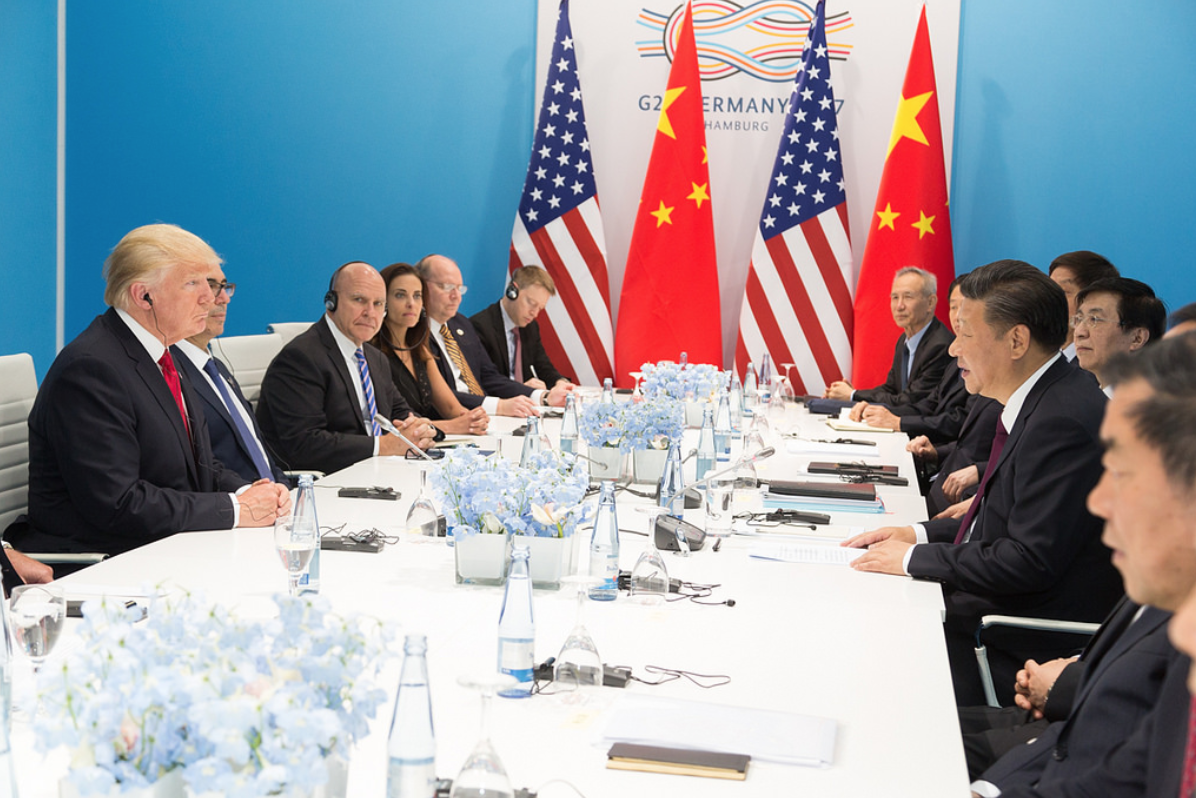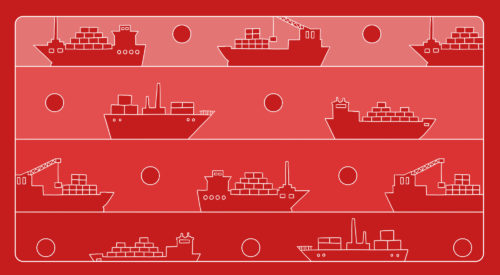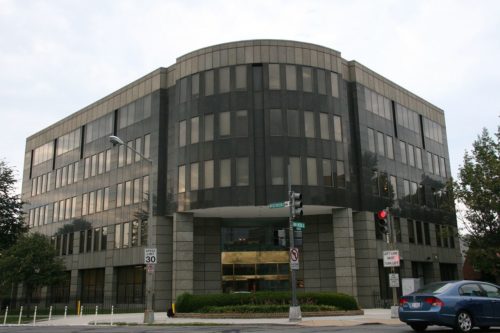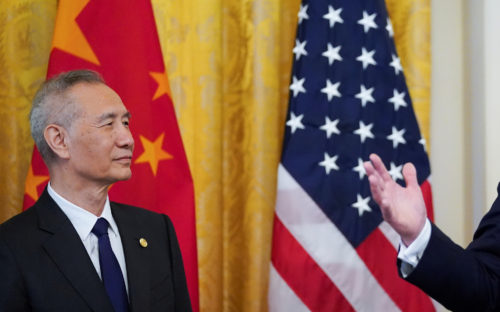Trade war, day 19: This is not going to end soon


The trenches of the U.S.-China trade war are being dug deeper, and those battle lines are unlikely to be redrawn in the near term as ideological adversity between the U.S. and China grows.
First, here’s the latest economic updates from the front lines of the trade war:
- The Trump administration is preparing $12 billion to help farmers, who sit in the industry most directly impacted by reciprocal tariffs from China, the Washington Post reports.
- In any past time in modern American politics, a Republican administration going forward with such an anti-free-market proposal would be unthinkable. But the Trump administration seems intent on doubling down on the trade war while minimizing its impact on important Trump constituencies, leading up to the fall 2018 congressional midterm elections.
- China has no such qualms with controlling its market, having already announced back on July 9 — day 5 of the trade war — that it would redistribute “the new tax income from the countermeasures” to “relieve the impacts on companies and their employees.”
- Another option for China to offset American tariffs — currency devaluation — has not yet been enacted, but is considered to be a “very, very real” consideration for Beijing, according to Brad Setser, a former U.S. Treasury Department official.
- The trade war is becoming all-consuming, with dealing damage across a range of industries. Specifically, “more than 80” representatives of companies or interest groups are testifying before the U.S. Trade Representative to say that the next round of tariffs will unavoidably hurt American business, Bloomberg reports (paywall), and Hasbro, one of the largest toymakers in America, “plans to move more of its production outside of China due to the latest tariffs,” Nasdaq reports. Apple “should be nervous” about its supply chains in China, David Dollar, another former U.S. Treasury Official told the Wall Street Journal (paywall).
- “When we do our risk assessments, [geopolitical uncertainty is] near the top right now and it wasn’t when we started,” Jeffrey Lehman, vice-chancellor of New York University Shanghai, told the Australian Financial Review.
- A new financial stimulus from Beijing is at least partly intended to “handle uncertainties in the external environment,” what the South China Morning Post calls “a euphemistic reference to the trade war with the US.”
- Chinese investors have “become net sellers of U.S. commercial property for the first time in a decade,” the Wall Street Journal reports (paywall).
Second, an underappreciated (though increasingly less so) aspect of the trade war is the emerging political and ideological adversity between the two countries.
- American nationalists like Steve Bannon — the former chief strategist for the Trump administration, who has recently had a spate of media appearances and claims to maintain influence in the White House — see the U.S. and China as in a “Cold War”-like confrontation. We covered Bannon’s endgame vision for the trade war in last Friday’s Access newsletter.
- The CIA agrees. In an extraordinary statement, Michael Collins, the deputy assistant director of the CIA’s East Asia Mission Center, said “what they’re waging against us is fundamentally a cold war, a cold war not like we saw during the Cold War, but a cold war by definition. A country that exploits all avenues of power licit and illicit, public and private, economic and military, to undermine the standing of your rival relative to your own standing without resorting to conflict. The Chinese do not want conflict.”
- China sees intellectual property theft as “ultimate payback” for its humiliation at the hands of Western powers — including the U.S. — in the 19th century, former Australian prime minister Kevin Rudd said in an interview on CNBC.
- “Trade wars are easy to start, really hard to stop, because you go from trade to politics real quick,” Rudd, one of the former foreign heads of state with the best knowledge of Chinese and China (and friendliest relationship with Beijing), said. He indicated that Beijing was open to talks about trade imbalances, but that Xi Jinping gains nothing by suddenly backing down and accepting the “Trump formula” for market access and intellectual property.
- Xi’s been burned once, and is wary of entering negotiations again with the U.S., Bloomberg writes (paywall), referring to the rejection of his economic envoy Liu He’s 刘鹤 offer in early June to buy $70 billion in U.S. exports to help balance the trade deficit. “Negotiations are about who has the upper hand. If you’ve been rejected once and then you approach the other party again, it makes you look weak,” Ether Yin, a partner at advisory firm Trivium China, told Bloomberg.
- China is on a mission to gain superpower status, and it doesn’t care if it has to play dirty or play politics to get there. The scholar Elizabeth Economy writes (paywall) in the Wall Street Journal that she was surprised to hear Chinese officials for the first time specifically use the word superpower (超级大国 chāojídàguó) when describing China’s goals, and that Xi Jinping himself said recently that he wants China to “lead in the reform of global governance.”
Correction: This article now includes a citation to day 5 of the trade war, when the Chinese Ministry of Commerce decided to direct money to companies and employees hurt by the trade war.
Previously in The China Project’s trade war coverage:






